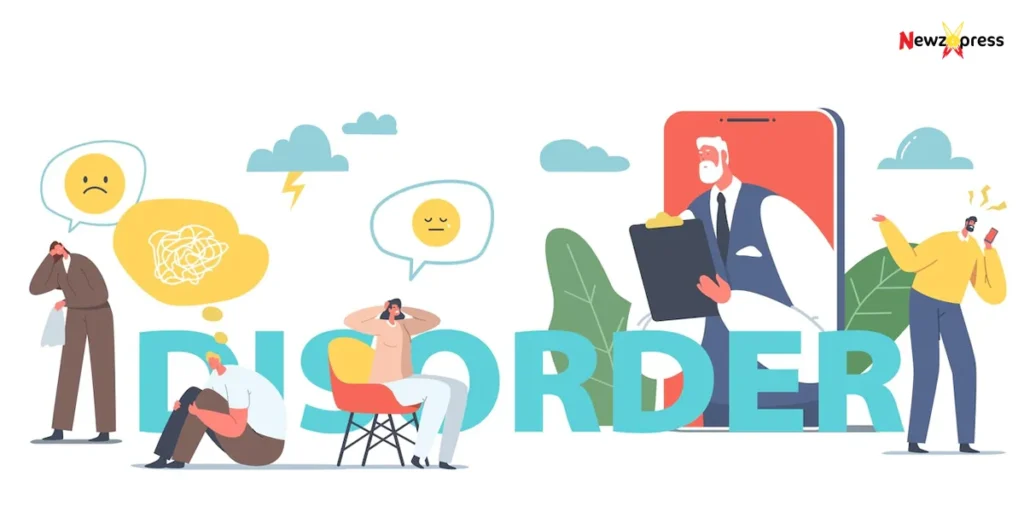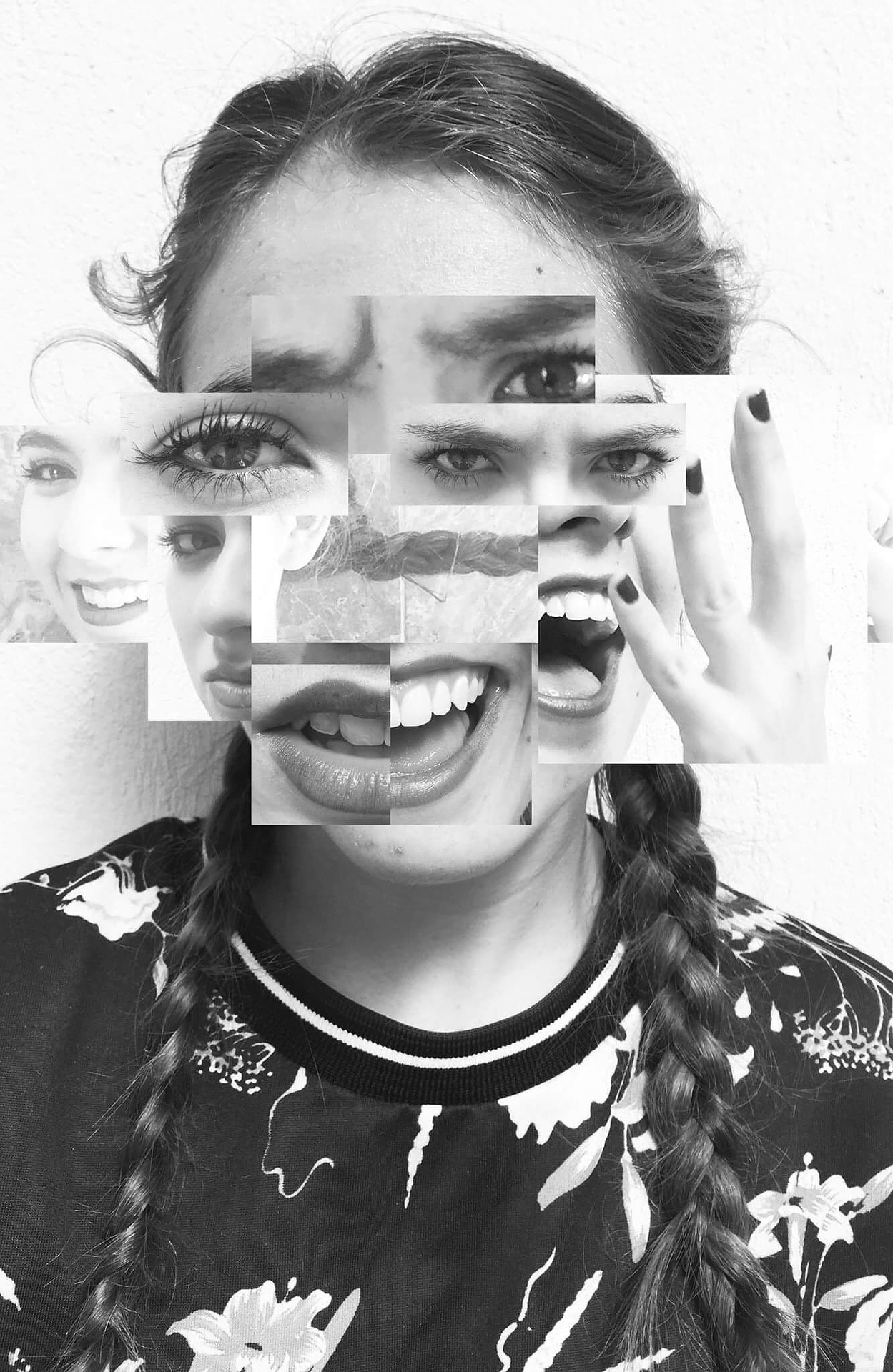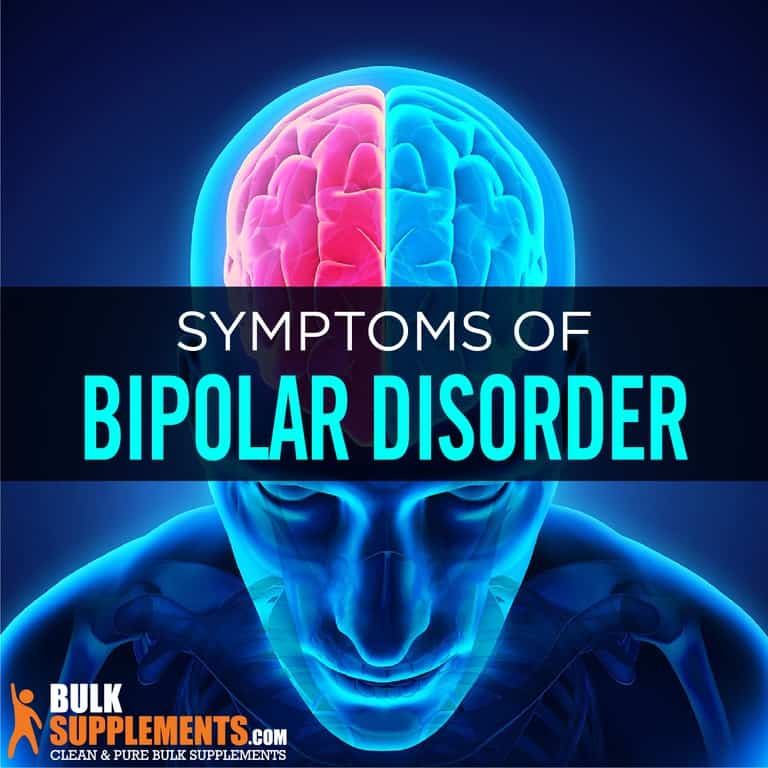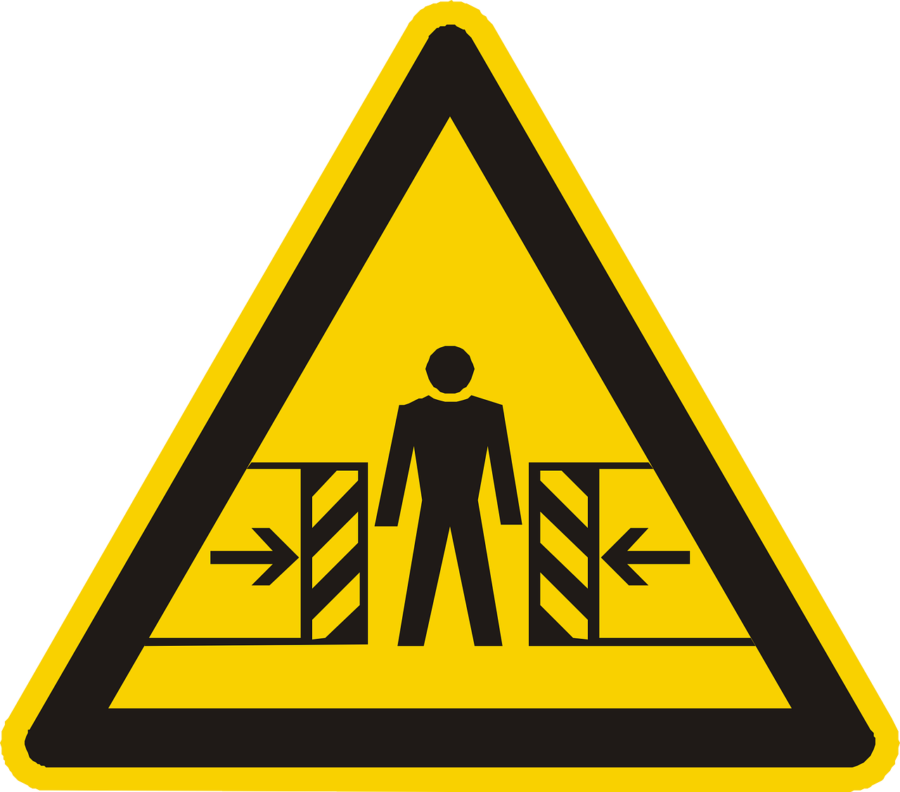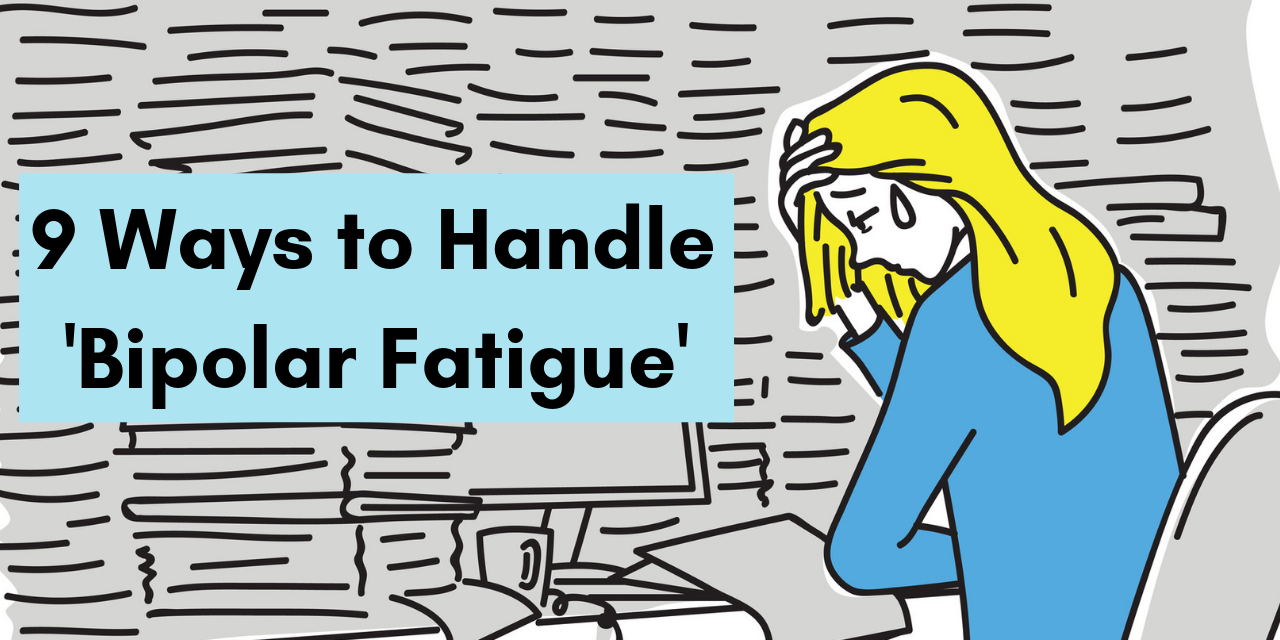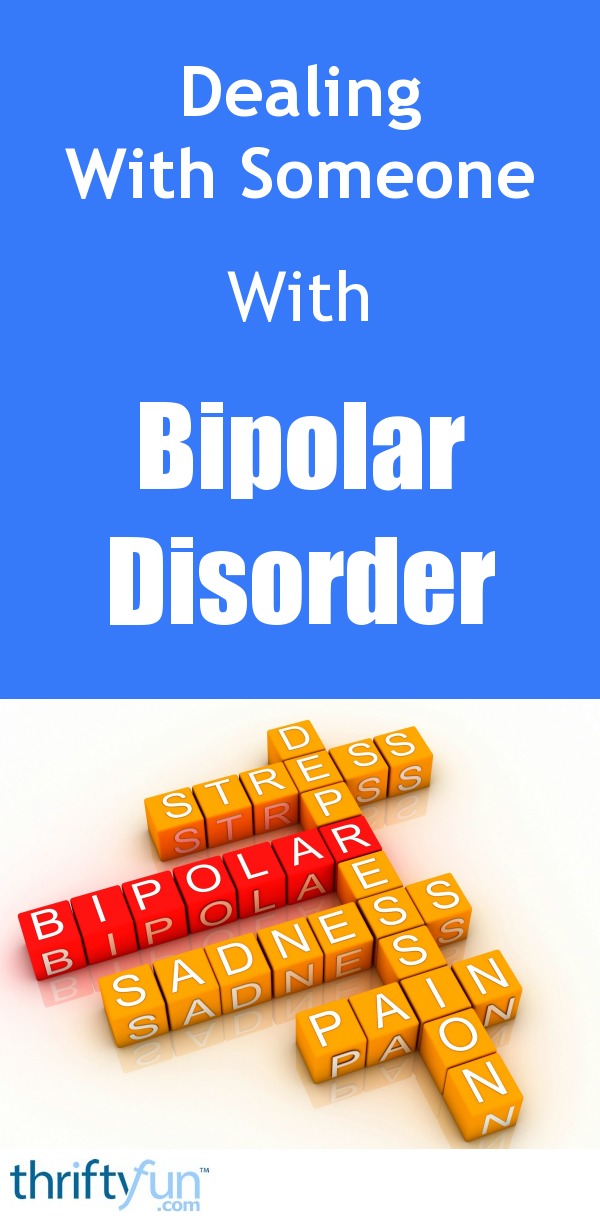Spectacular Tips About How To Handle Bipolar Disorder
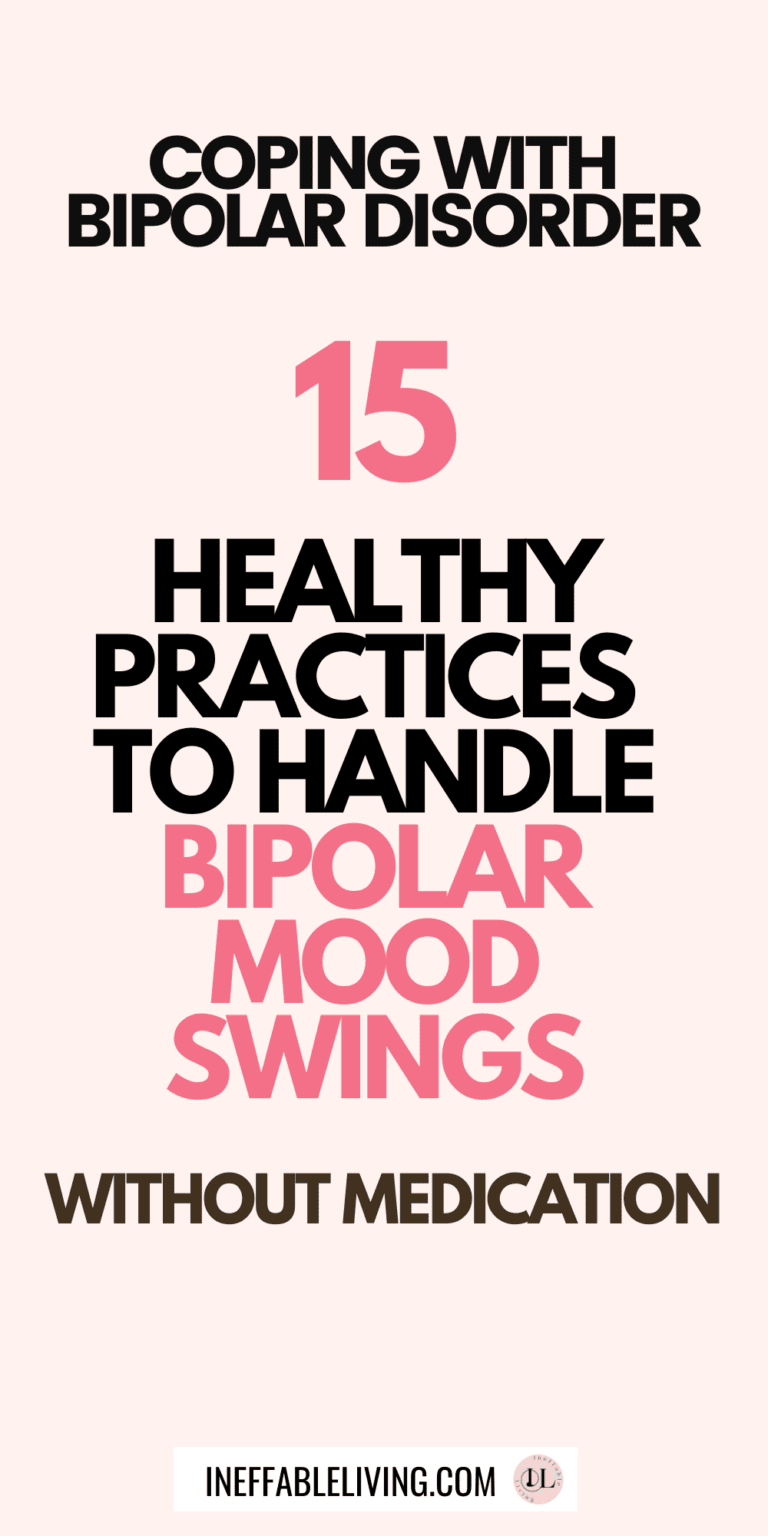
Here are five tips for finding a bipolar therapist, specialist, or counselor:
How to handle bipolar disorder. Bipolar disorder isn’t a rare condition. Let them know you want to understand what they’re going through, rather than trying to fix things for them. Antipsychotic medications are common for the treatment of bipolar disorder and can help reduce the frequency and severity of mood episodes.
Talk to a supportive person. Cut back on your activities. Stay focused on your goals.
A variety of options are available that can help manage. Educate yourself the more you know about bipolar disorder, the more you’ll be able to help. Talk about it some people with bipolar disorder find it easy to talk to family and friends about their condition and its effects.
Better yet, plan a vacation — even if it’s a staycation. Helping a friend or family member with depression or bipolar disorder. international bipolar foundation: Finding the right medication. mayo clinic.
Being open to talking and listening to someone’s experiences can help them feel supported and accepted. Bipolar disorder is characterized by periods of mania and depression. Develop specific practices that will help you relax.
Call your doctor or therapist. Music therapy may also provide. In fact, the national institute of mental health says that 2.8% of u.s.
If you have thoughts of hurting yourself, call 911 or your local emergency number immediately, go to an emergency room, or confide in a trusted relative or friend. Takeaway between misconceptions and mood episodes, bipolar disorder can be difficult to navigate. Asking your primary care physician for a therapist referral can be a starting point when seeking mental health support.
However, many people with bipolar disorder have found the following tools to be helpful in reducing symptoms and maintaining wellness: Learning to manage bipolar disorder can take time. Learn about bipolar disorder.
Along with treatment, there are ways you can learn how to overcome bipolar disorder and reduce the symptoms you experience. Depression and bipolar support alliance: Education about your condition can empower you and motivate you to stick to your treatment plan and recognize mood changes.
The frequency and severity of these symptoms can depend on the individual, but there are effective coping skills you can develop to help deal with bipolar depression. Bipolar disorder is characterized by mood swings ranging from depressive lows to manic highs. Accepting bipolar disorder involves acknowledging that things may never again be “normal.”


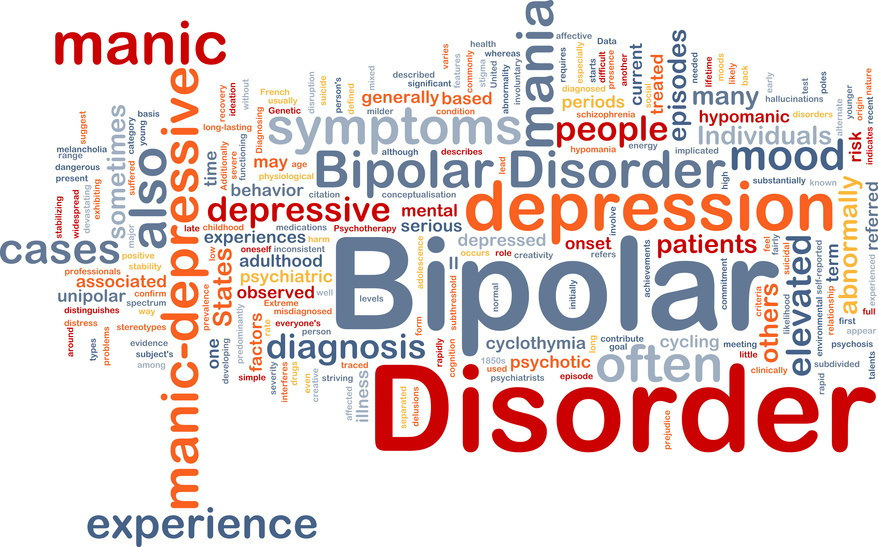
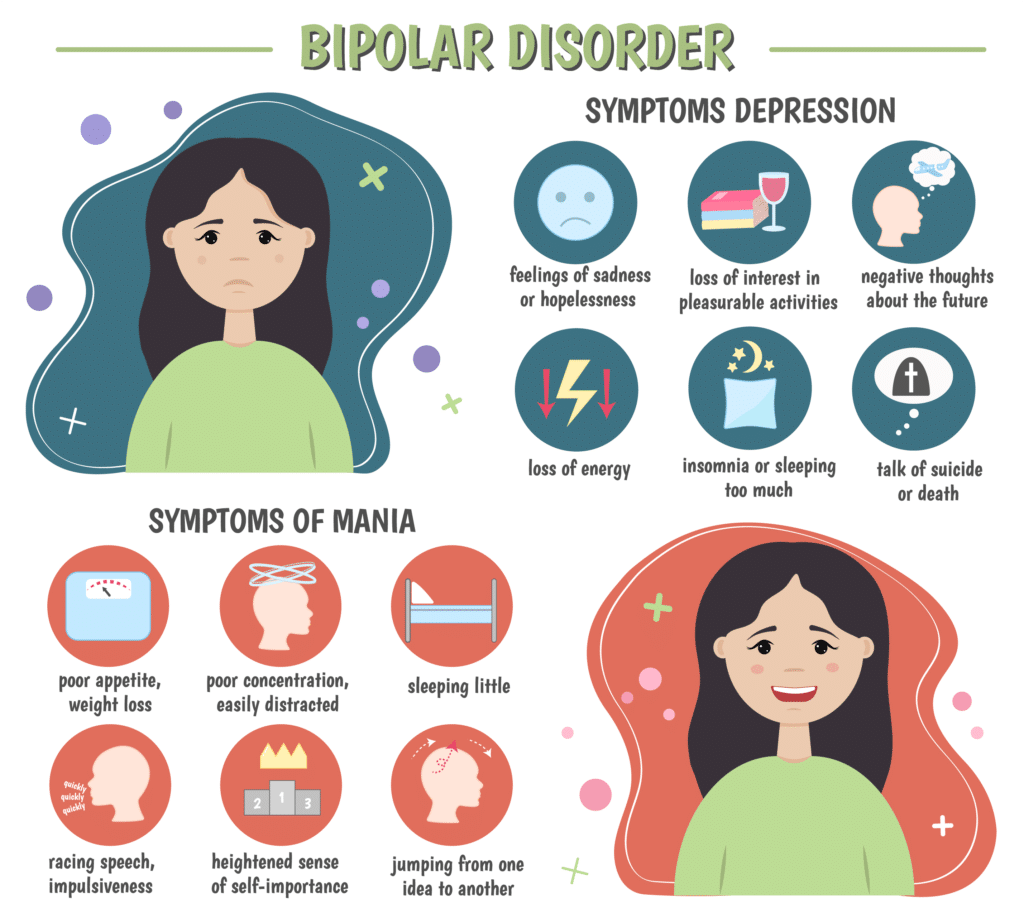
/what-is-bipolar-mania-how-is-it-diagnosed-380314_finalcopy-bbe70a3726fe426b9f962c56a24c0036.png)
